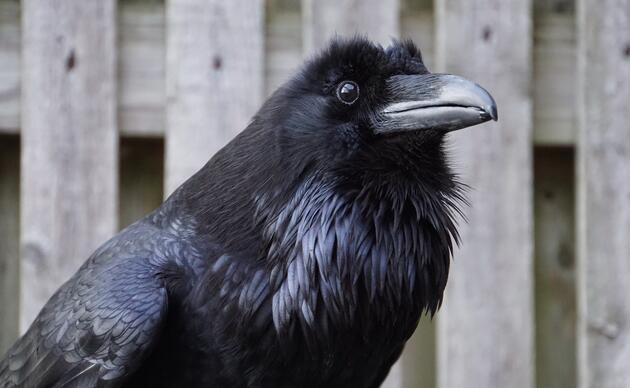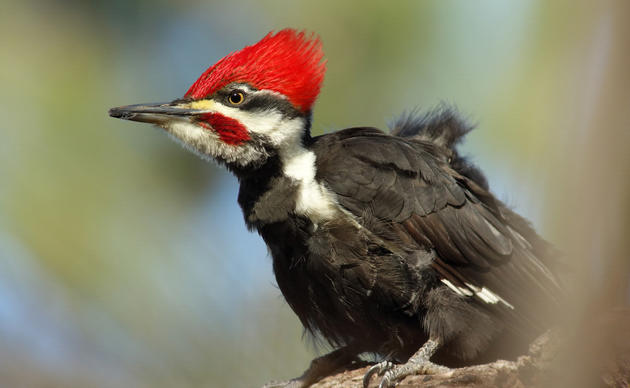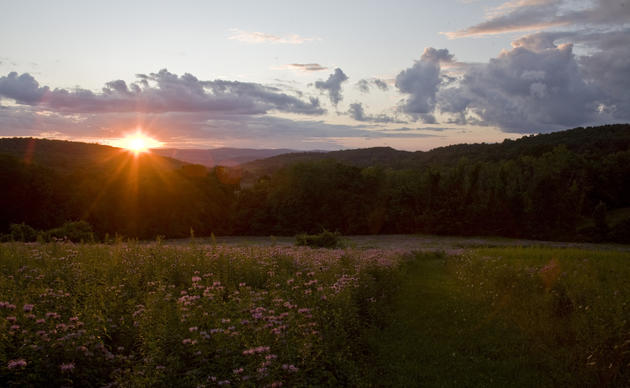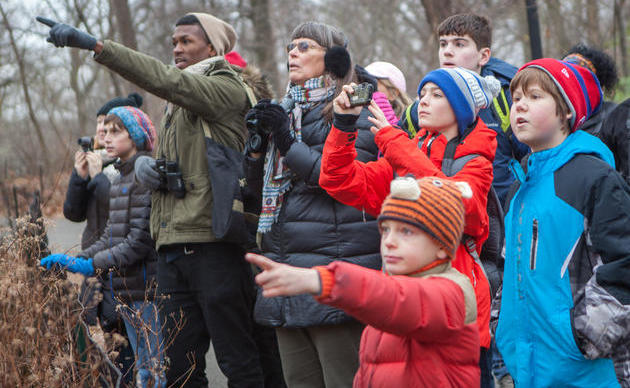Do's and Don'ts of Baby Wildlife Rescue
DO NOT:
- Disturb nests—if a human is constantly hanging around, the parent will not return
- Take fawns—it is instinctive for a fawn to keep still and a parent is probably close by watching you
- Touch or handle raccoons, foxes or skunks—these are Rabies Vector Species and can possibly spread disease
- Assume young birds on the ground are orphaned right away—when birds are learning to fly, they spend a few days on the ground practicing their flight. A parent is usually nearby watching over the youngster and comes down periodically to feed.
Before rescuing, make sure the animal NEEDS your help
DO:
- Keep an eye on the young/nest—if the parent does not return within 2 to 24 hours (depending on species), assume it is orphaned
- Watch for natural predators and move it to a safe place if in danger (ex. Roaming neighborhood cats, traffic, etc.)
- Place baby birds back into the original nest—if the nest is unreachable or knocked down, make a fake nest and place it in a nearby tree
- Place an X of sticks across a disturbed rabbit nest—if a parent returns, the X will be removed from its position within 24 hours...if the X is not disturbed, assume the young are orphaned
If an animal DOES need rescued...
DO NOT:
- Allow children or pets to play with the animal—animals carry disease and also stress very easily, causing death in many species
- Give water—birds, in particular, will drown if water is poured into their mouths
- Feed any food—not all birds eat worms! DO NOT feed bread! DO NOT feed milk!
DO:
- Carefully place the animal in a box or paper bag (wear gloves!) and place it in a dark, quiet place away from children and pets
- Keep the animal warm
- Call a licensed wildlife rehabilitator as soon as possible
Select here for more detailed information on How to Help Distressed Birds and Other Wildlife
How you can help, right now
Learn & Explore
Where birds thrive, people prosper. Help us transform local communities into places where birds flourish. Learn what you can do to nurture wildlife, nature, and conservation in Connecticut.
Support Our Work
Through land stewardship, science, education, and advocacy, we work to preserve habitat and protect bird species that are of state, national, and global concern. Your gift makes a difference.
Join Our Family
When you become a member of Sharon Audubon Center, you are protecting critical woodlands and a natural heritage for generations to come. Help us do great things.




